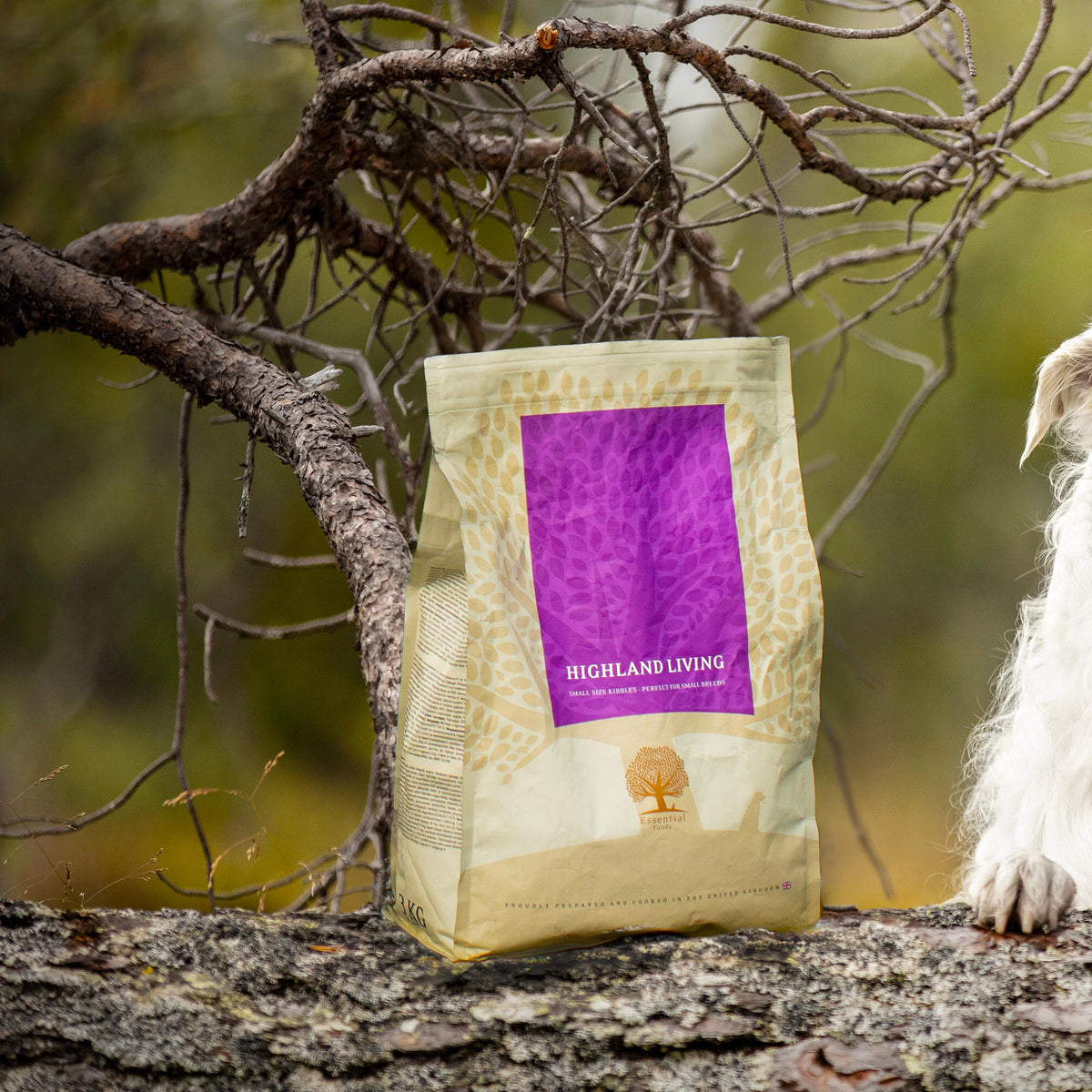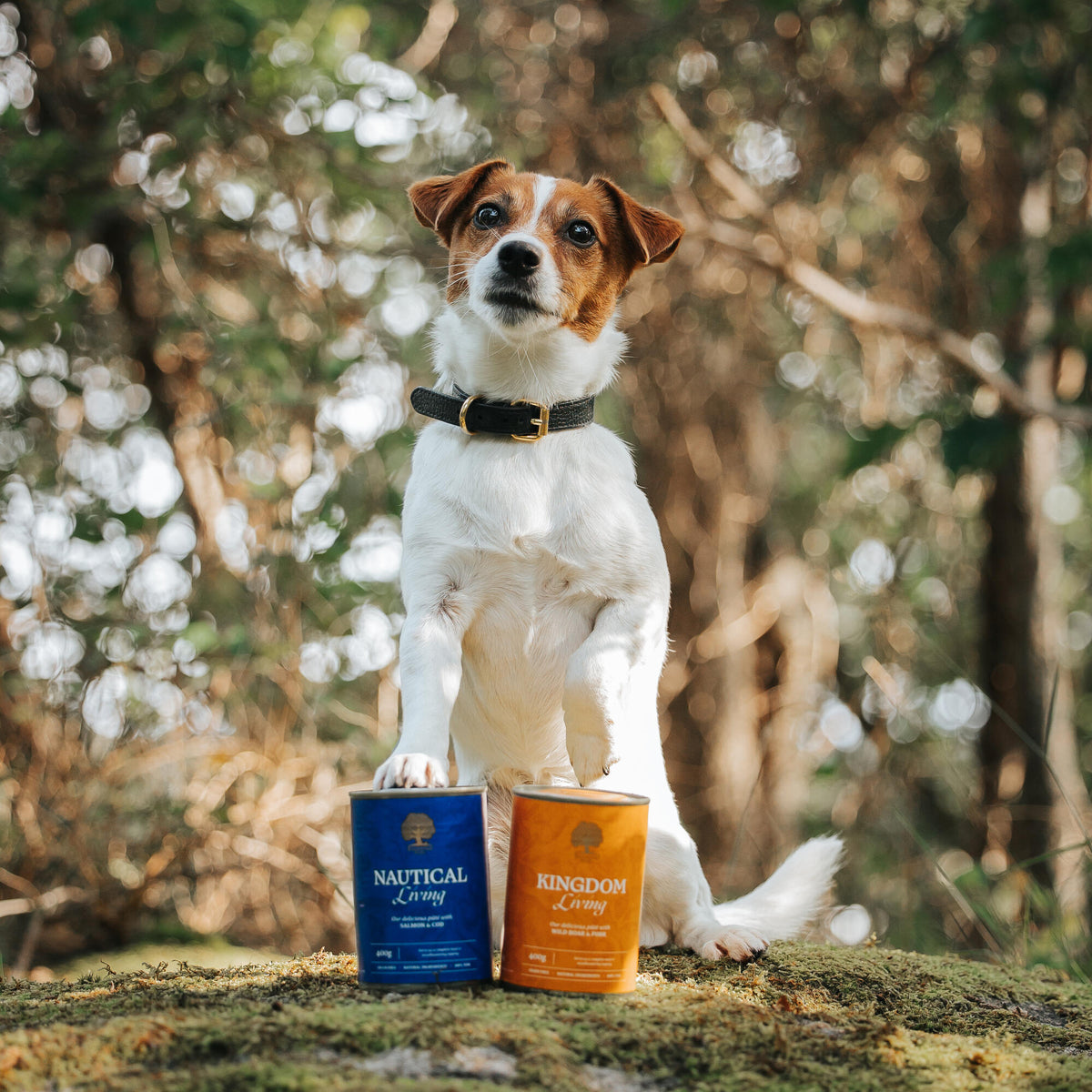Your Cart is Empty

Cheese, a beloved dairy product among humans, often prompts pet owners to question its suitability for their dogs. In this comprehensive guide, we will explore the various aspects of feeding cheese to dogs, its benefits, potential risks, and how to incorporate it safely into their diet.
Cheese is rich in several nutrients essential for both humans and dogs. These include:
Cheese is often used as a high-value treat during training sessions. Its strong aroma and flavor make it an enticing reward, which can improve training outcomes.
In small quantities, cheese can supplement a dog’s diet with necessary proteins and fats, aiding in their overall health and development.
Cheese can be an effective way to administer medication. Wrapping pills in a small piece of cheese can encourage dogs to take their medicine without fuss.
Many dogs are lactose intolerant, meaning they lack the enzyme lactase needed to break down lactose, a sugar found in milk. Feeding cheese to lactose-intolerant dogs can lead to gastrointestinal issues such as diarrhea, bloating, and gas.
Cheese is high in fat, which can contribute to obesity and pancreatitis if consumed in large amounts. It's important to choose low-fat cheese options and limit the quantity given to dogs.
Some dogs may be allergic to dairy products. Symptoms of an allergic reaction can include itching, swelling, and gastrointestinal distress. Always monitor your dog after introducing cheese into their diet.
Not all cheeses are created equal. Some types are better suited for dogs than others:
Avoid cheeses with added ingredients such as garlic, onions, or herbs, as these can be toxic to dogs.
Begin with a tiny amount of cheese to see how your dog reacts. Observe for any signs of digestive upset or allergic reactions.
Cheese should be an occasional treat, not a regular part of your dog’s diet. A small cube or a sprinkle over their regular food is sufficient.
Always watch for any adverse reactions when introducing new foods. If your dog shows signs of discomfort or illness, discontinue feeding cheese immediately and consult your veterinarian.
Cheese can be a delightful treat for dogs when given in moderation and with careful consideration of their dietary needs and potential health risks. By selecting appropriate types of cheese and introducing it gradually, you can safely incorporate this tasty snack into your dog’s routine.
By following these guidelines and understanding both the benefits and risks, pet owners can make informed decisions about including cheese in their dog’s diet. .


